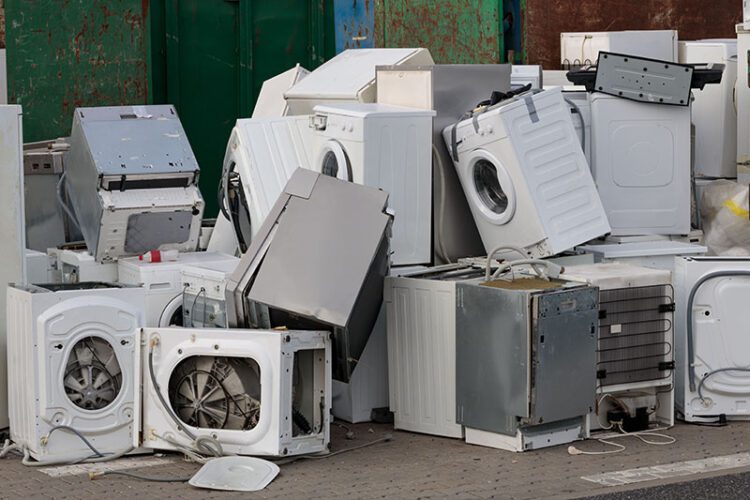The relentless march of technology brings with it a hidden challenge – electronic waste, or e-waste. As our devices become obsolete at an ever-increasing pace, the mountains of discarded electronics are growing. The electronics industry, which has thrived on innovation, faces a moral and environmental imperative to tackle this issue head-on. In India, where the electronics sector is rapidly expanding, addressing e-waste challenges is not just responsible; it’s a necessity.
“In the age of rapid innovation, the destiny of discarded devices rests on the shoulders of recycling, reuse, and repurposing.”
1. Mounting E-Waste Crisis
The proliferation of electronic devices, from smartphones to laptops, has led to a surge in e-waste. Without proper management, this waste stream poses significant environmental and health risks.
2. Responsible Recycling
The electronics industry in India is increasingly emphasizing responsible recycling practices. This includes the safe disposal of hazardous components and the recovery of valuable materials like gold, silver, and rare metals.
3. Circular Economy Models
Circular economy models are gaining traction, where products are designed with recyclability in mind. Components can be easily disassembled and reused in new products, reducing waste.
4. E-Waste Legislation
India has introduced comprehensive e-waste management regulations, obligating manufacturers to take responsibility for their products’ end-of-life phase, including setting up collection centers and recycling facilities.
5. Awareness and Consumer Education
Educating consumers about the importance of responsible e-waste disposal and recycling is crucial. Awareness campaigns and incentives for returning old devices are being employed.
6. Innovative Repurposing
Innovative startups are finding ways to repurpose old electronics creatively. For instance, turning discarded smartphones into home security systems or using old laptop screens for digital art canvases.
7. Collaborative Efforts
Collaboration between manufacturers, recyclers, government agencies, and non-profits is essential to create a robust e-waste management ecosystem.
In summary, the e-waste challenge is a reflection of the electronics industry’s success and growth. As India asserts its position as a global electronics manufacturing hub, it must also champion responsible e-waste management to ensure that progress doesn’t come at the cost of the environment and public health.
“Amidst the silicon valleys and digital dreams, the responsible management of e-waste becomes a defining chapter in India’s electronics narrative.”



















